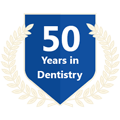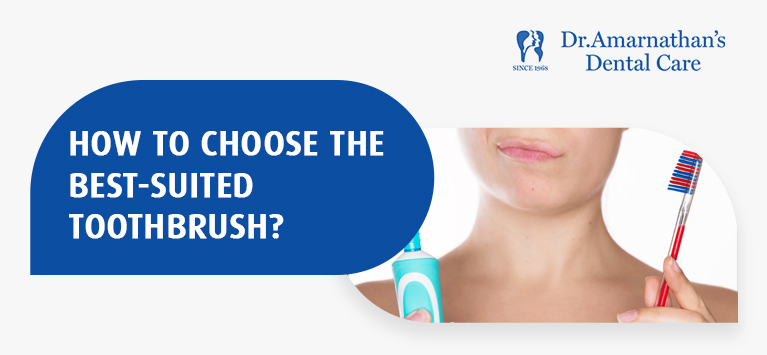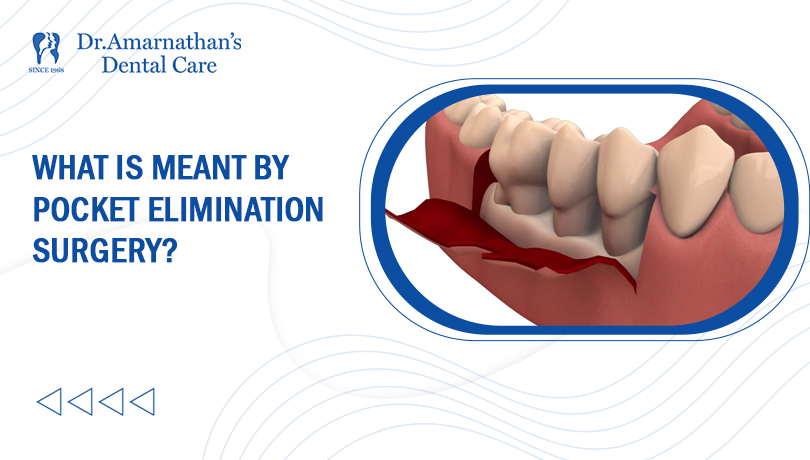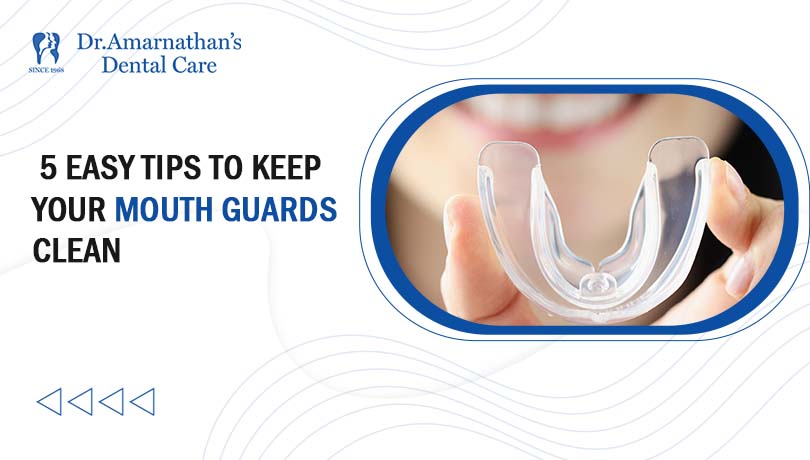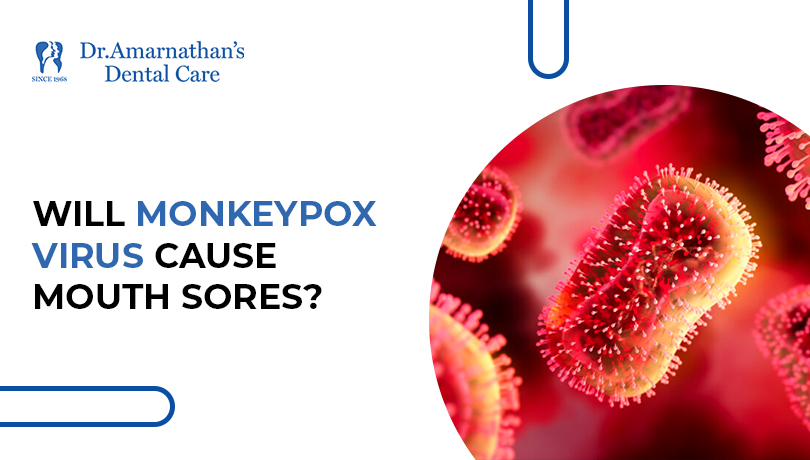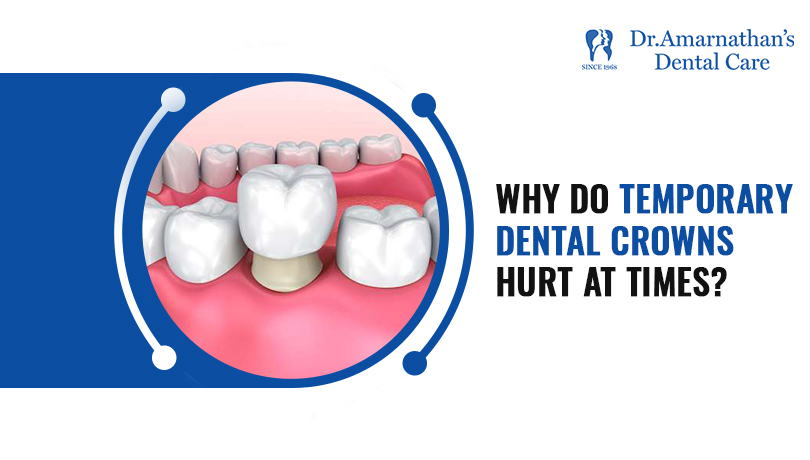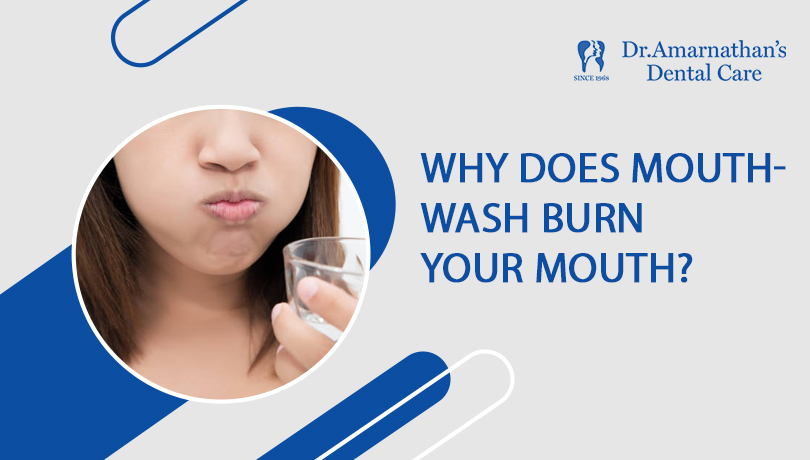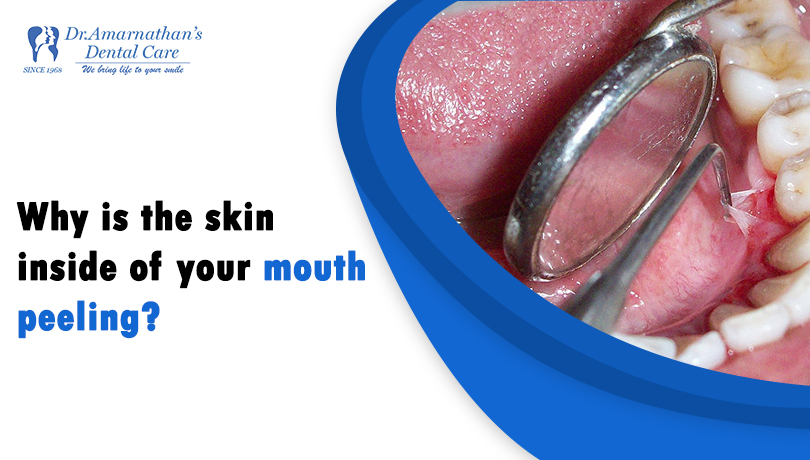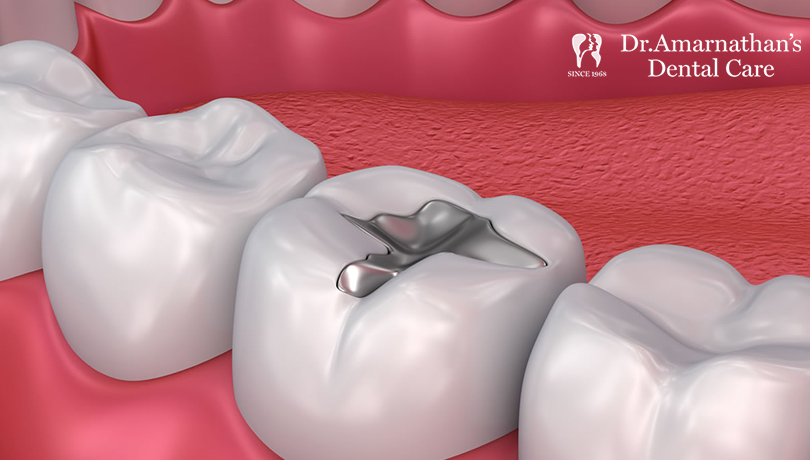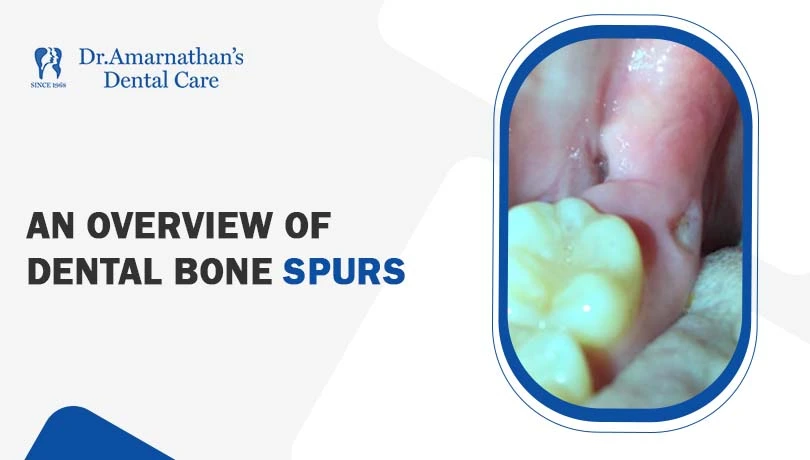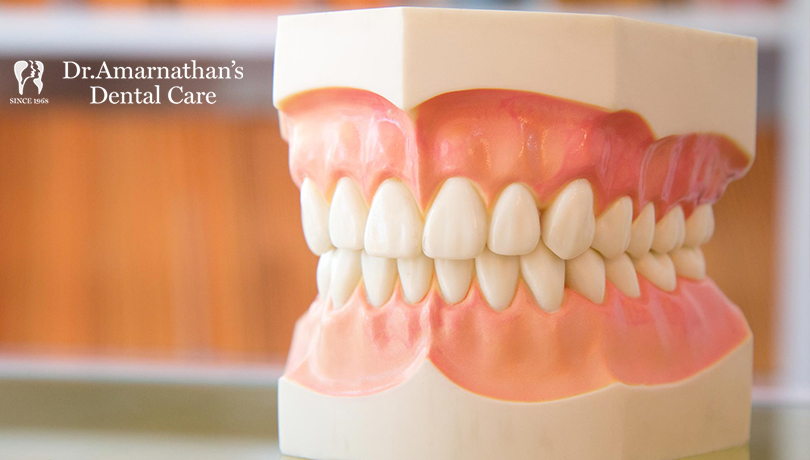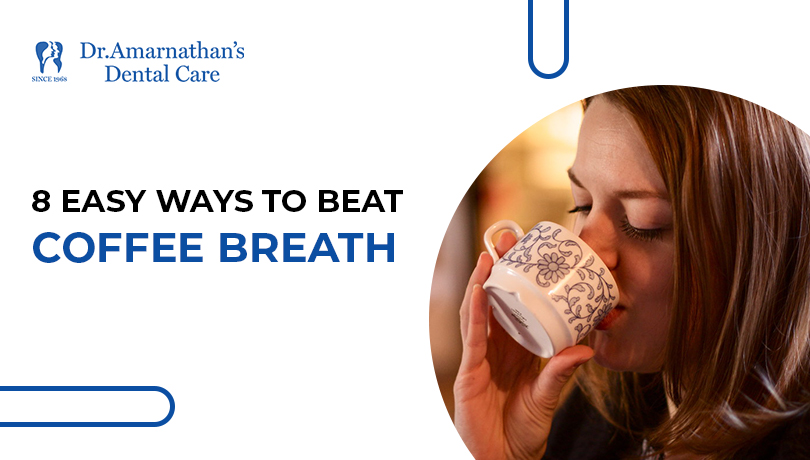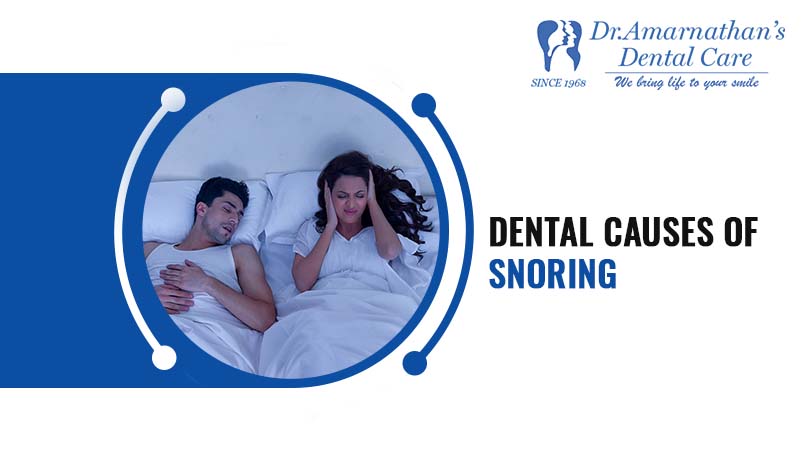
Dental causes of Snoring
The partner who says “ good night” to you before you sleep will sometimes be the reason for your sleepless night. The reason will not sound that much serious and looks funny, But sometimes the truth might be bitter. The reason for your sleepless night by your partner is “snoring”. Sometimes we all snore when we have had a good and deep nap, but that’s not a problem. But if you have a situation of snoring persistently, then it might be a serious condition to look over. According to research, at least 7 hours of sleep is mandatory for every adult. But the person with persistent snoring will lack this sleep hour, and also it affects the sleep of people around him.
At the end of reading this blog will make sure that the sound of “snoring” will not get any giggle anymore.
The snoring might be caused by various reasons, like the food and drinks we intake. Alcohol practice might also cause snoring, and sometimes the position we sleep in will block the airflow and result in snoring. The oral health issues and physiology of your teeth and mouth even cause snoring and several health issues.
Similarly, the root cause of snoring also lies in various dental problems. Our dentists have listed the most possible things below:
- Missing teeth
- Misaligned jaw
- Teeth grinding
- Crowded teeth
- Overly relaxed throat muscles or enlarged tissue
1) Missing teeth
Due to untreated decay or encountering dental injuries, you have missing teeth. The missing teeth impact the physiology of your teeth and mouth. This will lead you to snoring, as it narrows down the flow of your airway.
2) Misaligned jaw
You may suffer from improper jaw alignment due to upper bite/overbite or TMJ disorder. If your jaw is not properly aligned, Your tongue can somewhat block your airway. And it end’s up with snoring.
3) Teeth grinding
Teeth grinding or clenching is an unconscious habit. If you are stressed and anxious, you cannot avoid this habit. Grinding, clenching, and gnashing teeth are also found when sleeping; this is a key root for snoring.
4) Crowded teeth
People with small or narrow jaws will have crowded smiles. In this situation, your tongue will not fit properly and will often be pushed back into the mouth.
People who have not removed their wisdom teeth will also experience the surrounding exposed areas getting swollen. These are the above circumstance; you will get snoring.
5) Overly relaxed throat muscles or enlarged tissue
When your body gets a halt, that is, when you sleep, the tissues in the mouth, throat, and tongue relax. Particularly if you are resting on your back, the soft tissues might occasionally relax to the point where they partially obstruct your airway and lead to snoring.
Signs that indicate snoring is dental-related
- Sore or painful jaw – If you happen to wake up with a sore jaw, then it is an alarm that there is an improper position of your jaw.
- Gasping for breath – When you feel discomfort in breathing as soon as you wake up, there is a high probability that you have sleep apnea caused by the swelling or tissue in the throat or back of the mouth getting over-relaxed.
- Tooth breakage or swollen gums – You may be grinding your teeth at night if the structure of your teeth is beginning to show symptoms of wear and tear or if you have sensitive or swollen gums. This may also be the cause of your snoring.
Bottom Line
Occausaily snoring need not get too much concern, but chronic snoring will lead to sleep apnea. It results in health complications like Dementia, Heart disease, and Arrhythmia.
Changing your lifestyle will eliminate chronic snoring by avoiding alcoholic practices, Sleeping in the right position, and Having slept with a raised pillow. However, dentists reveal that the therapeutic solutions vary with respect to the root cause of chronic snoring.
For example, wearing mouth guard or nightguard to protect your teeth from the damaging effects caused by Bruxism. Continuous Positive Air Pressure (CPAP) equipment to control breathing if snoring is caused by sleep apnea.
Follow our blog for more dental-related queries.

